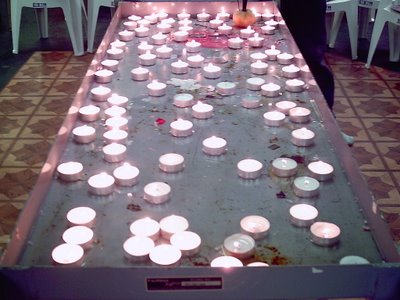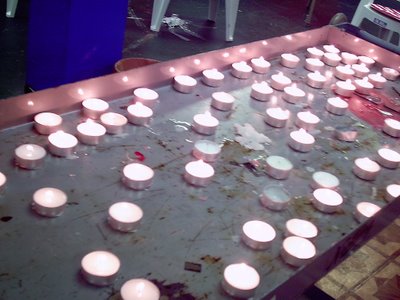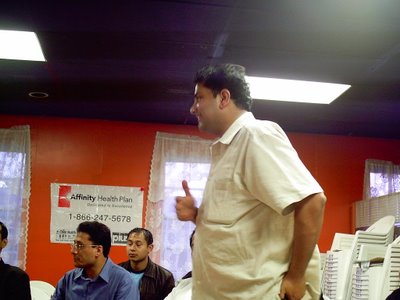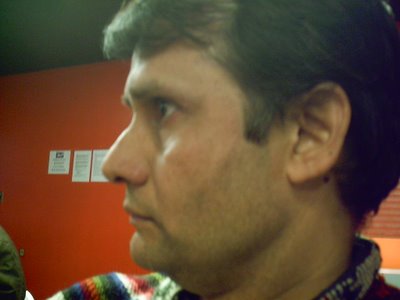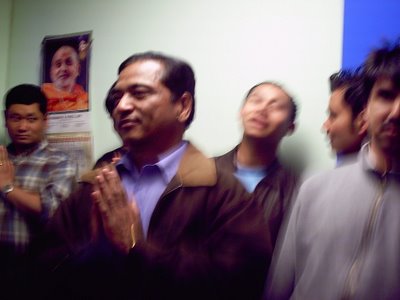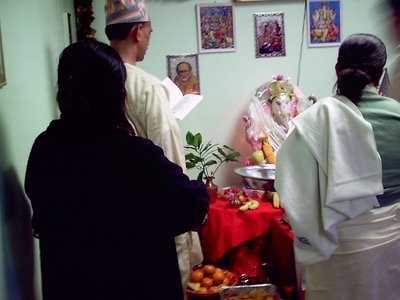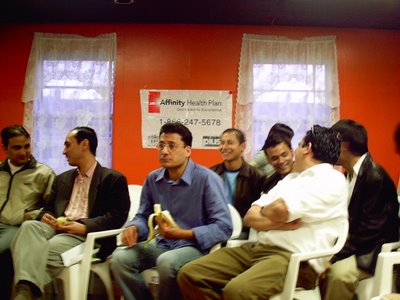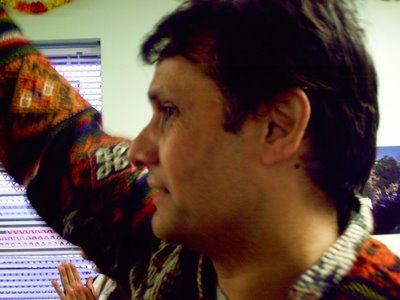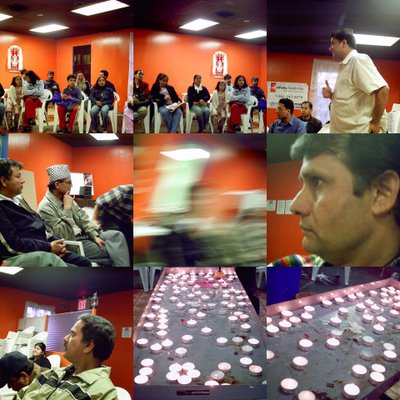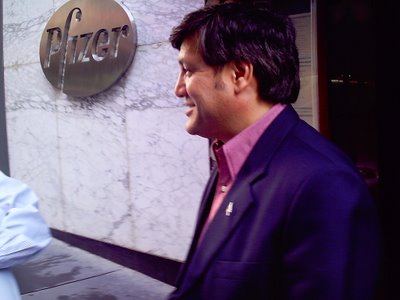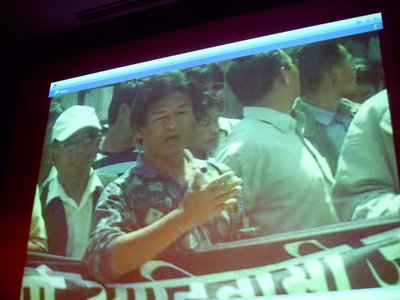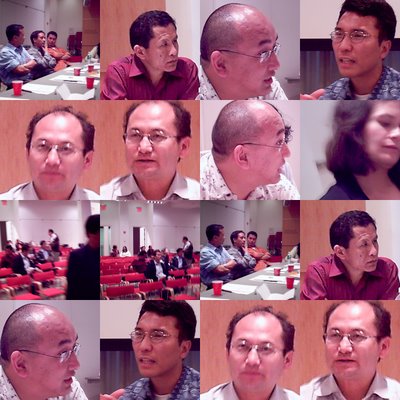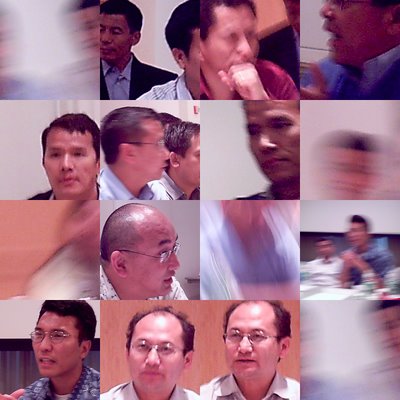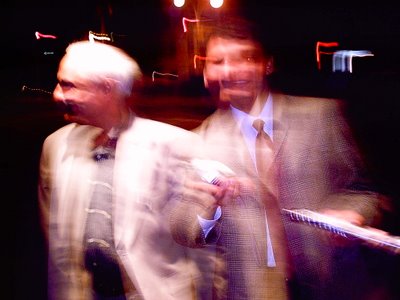
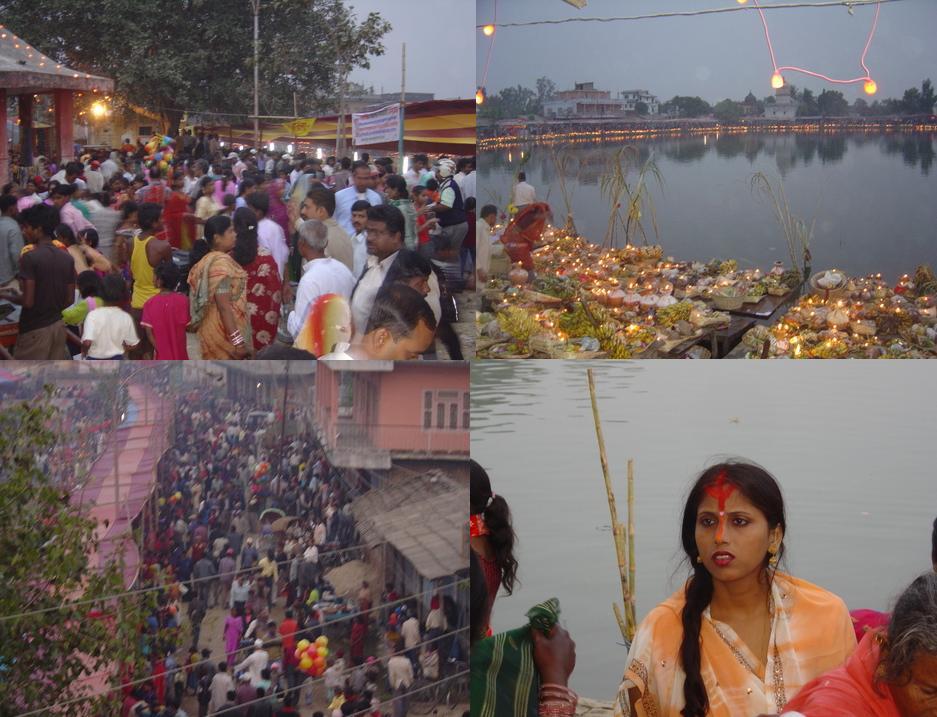

Royal powers curtailed drastically, HMG/N becomes Nepal govt, RNA turns into Nepali Army, Nepal declared a secular state NepalNews The Rastriya Prajatantra Party and Rastriya Janashakti Party, which are not the constituents of the SPA also supported the proposal ...... no members of the parliament voted against the proposal...... depriving His Majesty the King of all the privileges enjoyed by him and declared the reinstated House as “supreme.” ...... the provision of Supreme Commander-in-Chief of the Royal Nepalese Army being held by HM the King has been scrapped. The provision has deprived the King of his control over 90,000 soldiers of the country........ dissolution of the Raj Parishad Standing Committee ....... the parliament will form necessary procedure to go for the election of the constituent assembly........ the full executive power will lie to the parliament........ the monarch will not have any authority to enact the law concerning royal succession, which will be done by the parliament....... scrapped the provision that His Majesty the King’s acts could not be challenged before the parliament and the Court........ changing the name of the Royal Nepalese Army into Nepali Army, and replacing “His Majesty’s Government” with the “ Government of Nepal”....... monarch will no longer convene a session of the parliament....... the Speaker of the House of Representatives shall convene the session on the recommendation of the Prime Minister. A special session of the House can be called on the request of 25 percent of the lawmakers........ The cabinet will decide about the appointment of the army chief, mobilisation of the army will be done as per the decision of the council of ministers. However, that will have to be approved by the stipulated parliamentary committee........ made the income and assets of the King taxable........ the parliament will fix the expenditure of the Royal Palace....... has declared all the provisions of the Constitution and laws that contradict this proclamation “ as nullified"......... it is not necessary to be the member of House of Representatives to be the minister......... has declared Nepal as a secular state and added that the government will make provision for resolving the citizenship problem.
“Historic” proposal tabled at HoR
Cabinet approves HoR proclamation
This is huge. This might not hit the world headlines, but this is huge. Like humongous huge.
Dean, DFNYC, Daily Kos, Justin, Brooklyn, NepalNow finally the parliament can tackle the army like it tackled the king. We don't have to wait for the peace talks to fire a few bad apple generals. We know who they are. We have to restructure the top level right away.
Just like we have now gotten rid of the shadow of the king and the army from the constituent assembly elections, we have to now do the same to the Maoists. The elections have to be utterly free and fair or they will have no meaning.
The beauty of what just happened is that a parliament did it. That is the 21st century way. The people already voted for a parliament. They should not have to come out into the streets, they should not have to face batons and bullets.
Interim Constitution, Revolutionary Parliament (April 8)
Audio: Baburam BhattaraiNepal Lawmakers Move to Limit King's Powers Washington Post, United States To be enacted, the resolution must be voted on as a series of laws, officials said. That was expected in the next few days. ..... laws will be drafted to implement the resolution ...... Earlier, the government banned rallies around key areas in the capital ahead of the vote.Nepal parliament approves plan to cut king's powers Reuters AlertNet
Nepal clips King Gyanendra's wings Rediff
Nepal government to curtail King's powers NDTV.com
Nepal issues prohibitory order in capital city Xinhua, China
Monarchy in Nepal to end within a year: party leader Xinhua, China Bam Dev Gautam has claimed that monarchy in Nepal will end within one year...... According to Gautam, the seven-party alliance should join hands with the anti-government guerrillas to form an eight-party alliance to finish the monarchy in Nepal.Monarchy will End Within a Year: Bamdev Himalayan Times
UN ready to monitor truce in Nepal: Special Advisor United Nations (UN) has agreed to assist Nepal in arms management and is ready to monitor the cease-fire and to be an observer during an election to a Constituent Assembly...... UN has not offered to play the role of mediator here, but is ready to monitor the cease-fire and be an observer...... The UN will help only when the Nepali government and anti-government guerrillas agree and request UN help
Maoists Should Lead Interim Govt: Yadav Himalayan Times Matrika Yadav said today that the Maoists must be allowed to lead the interim government.... Yadav said action would be taken against those collecting donation forcefully...... "We will continue collecting donations but it won't be forceful," Yadav said. He added that the Maoists would not threaten or take any kind of action against those opting not to give donations to the Maoists. He said that the Maoists are compelled to collect donations to run the party, militia and the Maoist government....... He took moral responsibility for the past criminal activities carried out by the Maoists.Khadka Flays Deuba's Political Myopia Cabinet expansion on backburnerAG says House is not be-all, end-all
India must checkmate ISI influence in Nepal Sify, India
Nepal-India border issue in Indian parliament Kantipur Online
Sexual Violence in Nepal's Conflict American Chronicle, CA
House should be allowed to fulfill responsibility Gorkhapatra
Local leaders sore over Maoist reluctance to return property Gorkhapatra
US wary of Nepal Maoists despite truce: official Reuters Washington was willing to help Nepal's security forces if the government requested it. ...... "there are multiple reports of the Maoists' continued campaign of violence, extortion (and) shakedowns."
Visitors
Page views yesterday242
| 18 May | 09:21 | University Hospitals Health System, Cleveland, United States |
| 18 May | 09:49 | Orcon Internet, New Zealand |
| 18 May | 09:56 | Newschool for Social Research, New York, United States |
| 18 May | 10:04 | Software Technology Park- Bangalore, Bangalore, India |
| 18 May | 10:07 | Massachusetts Inst of Technology, Cambridge, United States |
| 18 May | 10:08 | Software Technology Park- Bangalore, Bangalore, India |
| 18 May | 10:10 | Universität Hannover, Hannover, Germany |
| 24. | 18 May | 10:10 | Universität Hannover, Hannover, Germany |
| 25. | 18 May | 10:11 | AMD, Austin, United States |
| 26. | 18 May | 10:14 | Mercantile Communications Pvt. Ltd., Nepal |
| 27. | 18 May | 10:15 | Hathway, India |
| 28. | 18 May | 10:15 | Comcast Communications, Alexandria, United States |
| 29. | 18 May | 10:17 | Verizon Online, Seattle, United States |
| 30. | 18 May | 10:22 | PCCW IMS Netvigator, Hong Kong S.A.R. |
| 31. | 18 May | 10:23 | United States (drizzle.com) |
| 32. | 18 May | 10:28 | United States (loralorion.com) |
| 18 May | 10:50 | Fannie Mae, Washington, D.C., United States |
| 43. | 18 May | 10:58 | United States (pa.us) |
| 44. | 18 May | 10:59 | United States (loralorion.com) |
| 18 May | 11:03 | New World Telephone, Hong Kong S.A.R. |

HoR Proclamation
1. LEGISLATIVE
1.1 All the rights regarding the legislative body of Nepal shall be exercised through the House of Representatives. The procedures for formulating laws shall be as specified by the House of Representatives.
1.2 The procedures for moving on the path of Constituent Assembly shall be as fixed by the House of Representatives.
1.3 Calling of the session of the House of Representatives and its conclusion shall be as follows:-
a. The calling of the session shall be by the prime minister and will concluded by the speaker on the recommendation of the Prime Minister.
b. The speaker shall fix the date for the session or meeting to hold within 15 days if request is made before the speaker by one fourth of the total members at the moment in the House of Representatives citing that it is appropriate to call a session or a meeting when the House of Representative is not being held or if the meeting is stalled.
1.4 The House of Representatives shall formulate and implement the House of Representatives regulations.
2. ON EXECUTIVE
2.1 All the executive rights of Nepal as a state shall rest on the Council of Ministers.
'His Majesty's Government' shall be termed 'Government of Nepal' from now onwards.
2.2 Persons who are not the members of the House of Representatives can also be nominated in the Council of Ministers.
2.3 The Council of Ministers shall be responsible towards the House of Representatives. The Council of Ministers and the ministers collectively and for the works of their ministries shall be personally responsible towards the House of Representatives.
The administration, army, police and all the executive organs shall be under the purview of the government that is responsible towards the House of Representatives.
2.4 The allocation and transaction of business of the government shall be presented at the House of Representatives after its passage from the Council Of Ministers.
3. ON ARMY
3.1 The name "Royal Nepal Army" shall be changed to "Nepalese Army".
3.2. The Existing provision regarding the National Security Council has been repealed. There shall be a National Security Council under the chairmanship of the Prime Minister in order to control, use and mobilize the Nepalese Army.
3.3. Chief of the Army Staff of the Nepalese Army shall be appointed by the Council of Ministers.
3.4. The existing arrangement of Supreme Commander of the Army has been revoked.
3.5. The decision of the Council of Ministers on mobilizing the Nepalese Army, must be tabled and endorsed within 30 days from the special committee assigned by the House of Representatives.
3.6. The formation of the Nepalese Army shall be inclusive and national in nature.
4. ON RAJ PARISHAD
The existing provision of Raj Parishad has been revoked. Necessary works being performed by the Raj Parishad shall be as per the arrangement made by the House of Representatives.
5. ON ROYAL PALACE
5.1. The right to make laws, amend and nullify regarding the succession to throne shall rest on the House of Representatives.
5.2. Expenditure and facilities for His Majesty the King shall be as per the decision of the House of Representatives.
5.3. The private property and income of His Majesty the King shall be taxed as per the law.
5.4. Acts performed by His Majesty the King are questionable in the House of Representatives or in court.
5.5. Existing Royal Palace Service shall be made part of the civil service.
5.6. The security arrangement for the Royal Palace shall be as per the arrangement made by the Council of Ministers.
6. THE EXISTING PROBLEM REGARDING CITIZENSHIP SHALL BE INSTANTLY RESOLVED.
7. THE EXISTING "NATIONAL ANTHEM" SHALL BE CHANGED BY MAKING ALTERNATIVE ARRANGEMENT.
8. NEPAL SHALL BE A SECULAR STATE.
9. MISCELLANEOUS
(a) All the state organs and bodies shall exercise their rights as having been authorised by this House of Representatives and with full faith towards it.
(b) Specified officials holding public posts shall take oath of office from the House of Representatives in specified manner. Officials who ignore receiving oath of office shall be relieved of their posts.
(c) The inconsistent legal arangements of the Constitution of the Kingdom of Nepal-1990 and other prevailing laws, with this declaration, shall be nullified to the extent of inconsistency.
(d) Any difficulty that may come while implementing this declaration shall be removed by a decision of the House of Representatives.
(e) A committee shall be there in the House Of Representatives for the purpose of implementation of sub-clause (c) and (d) above.

